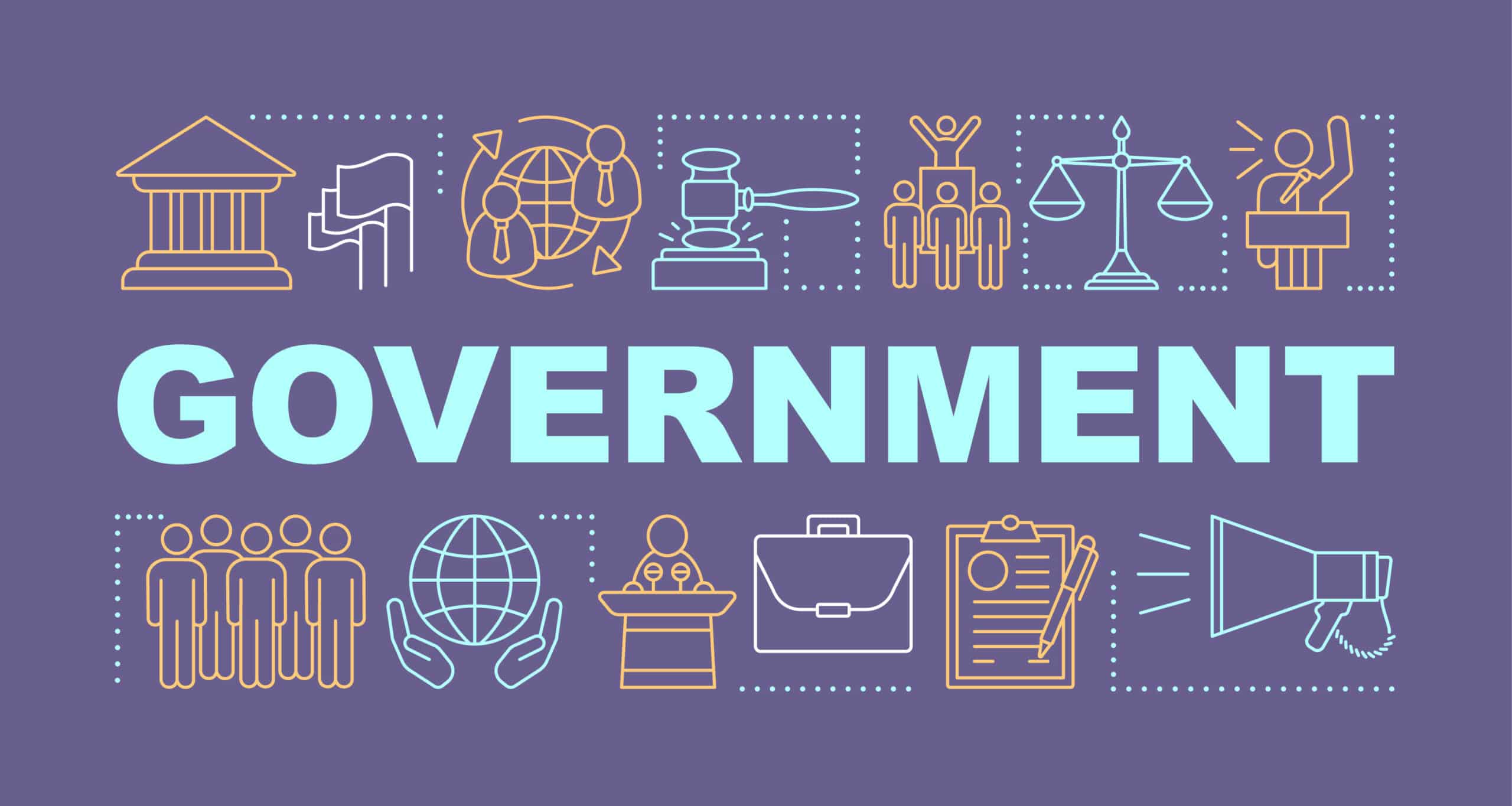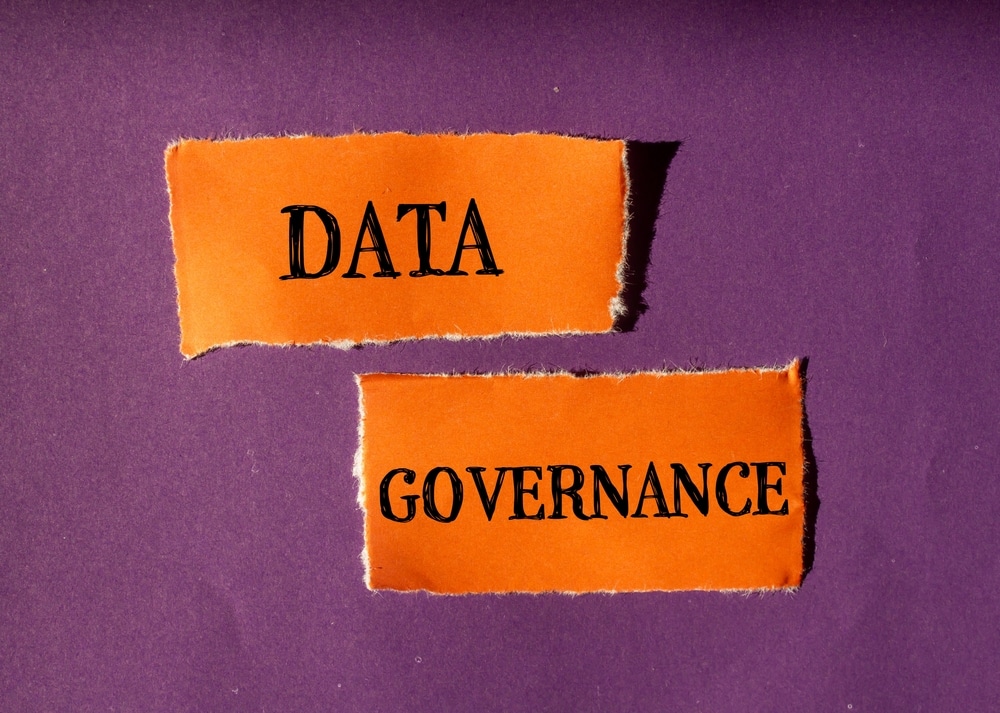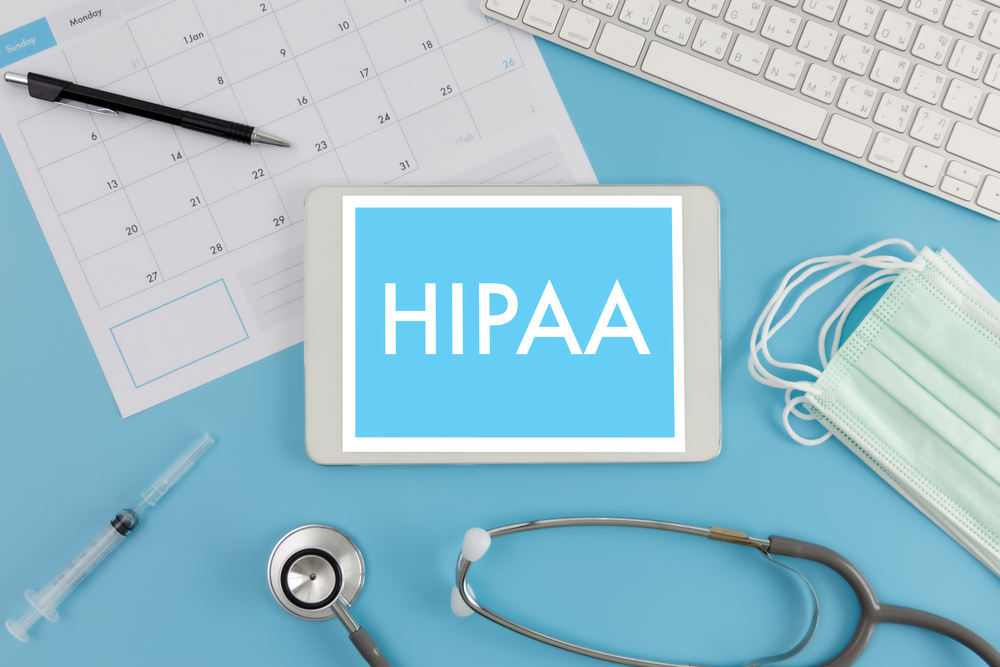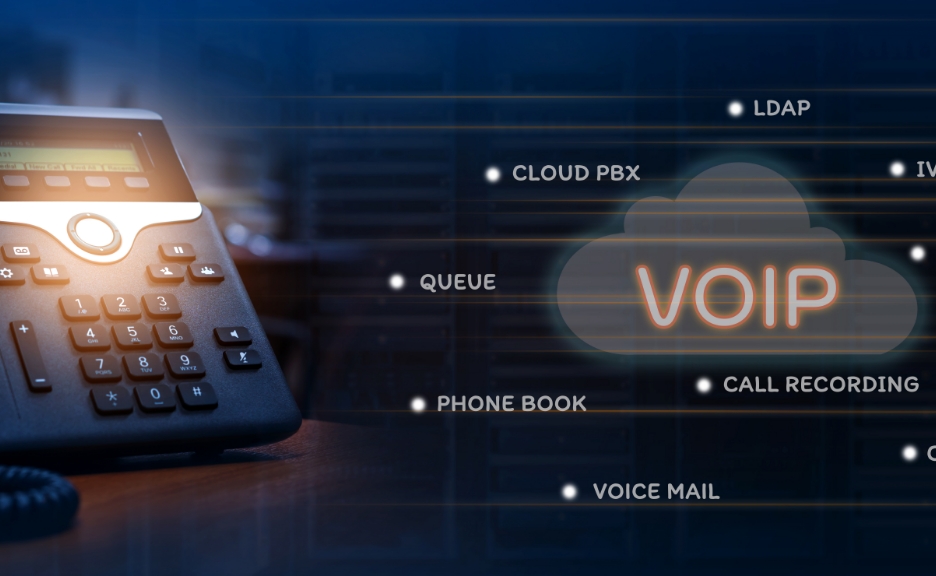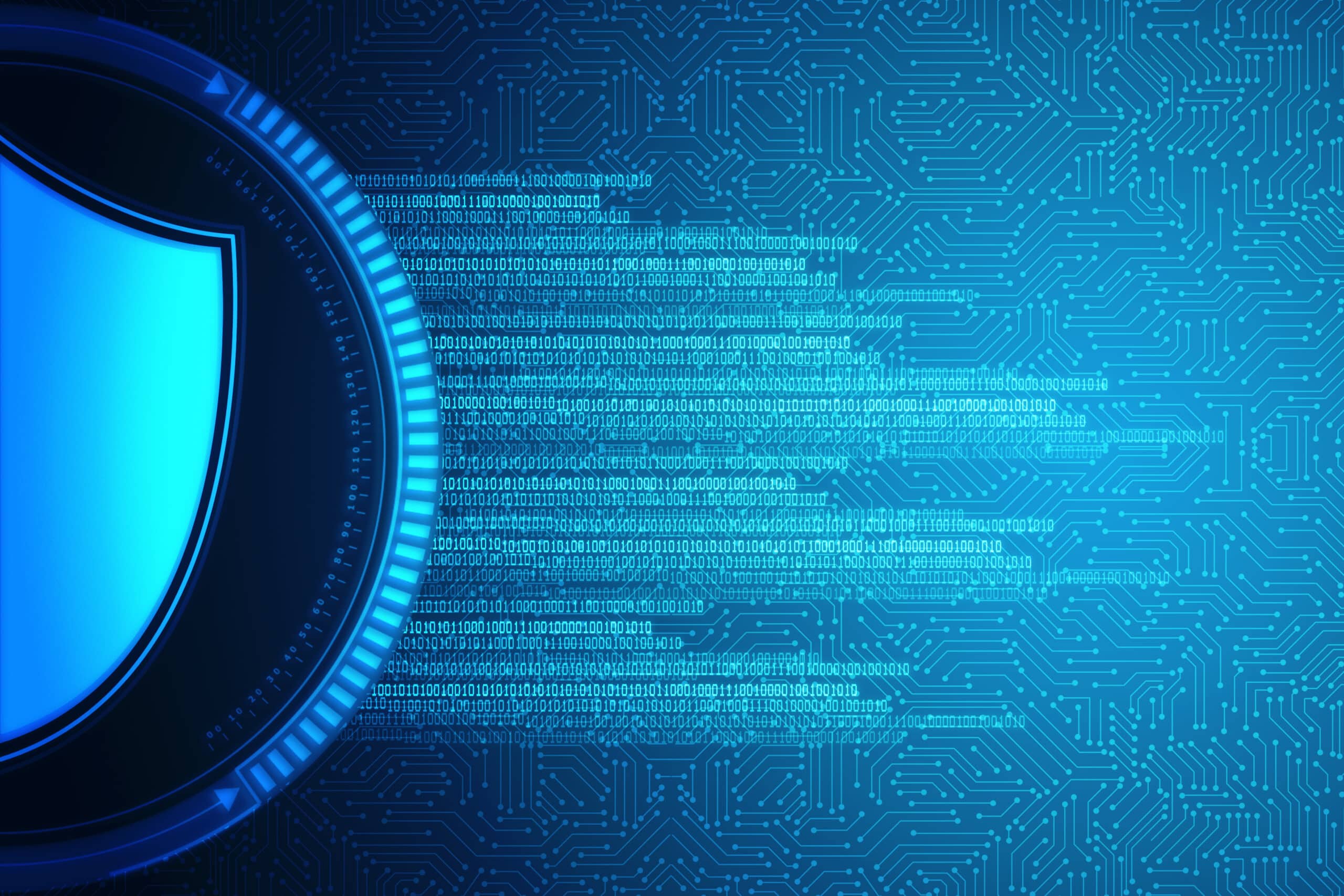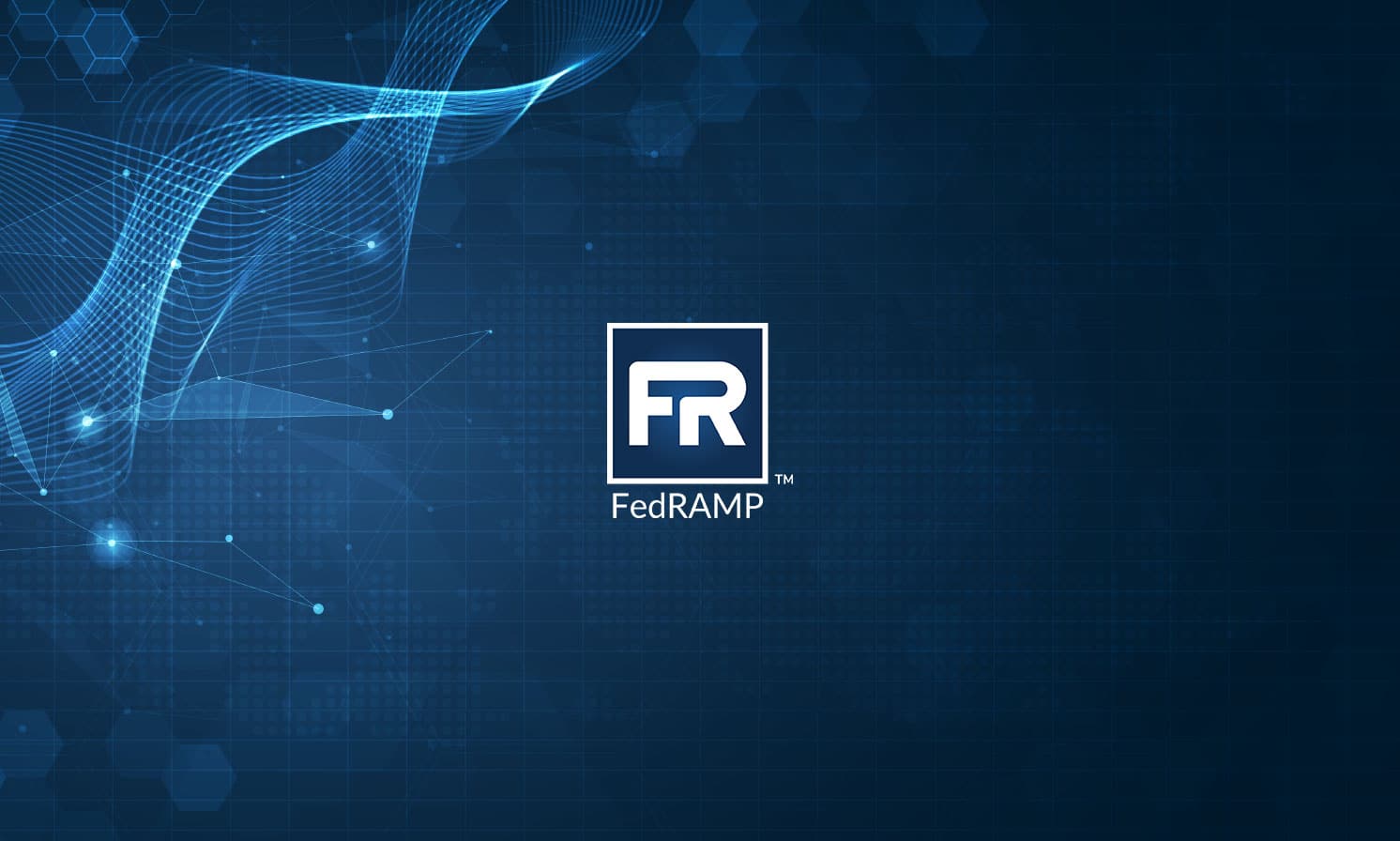
Cloud solutions like electronic faxing offer modern, digital workflows for federal agencies and their workers. But each time an agency implements a new solution, it must run security assessments to confirm the service meets the required standards. This process can take weeks or months.
FedRAMP® authorization simplifies this arduous task by providing a common framework and third-party validation. Agencies can rely on an authorized provider’s security package, speeding procurement and freeing IT teams to focus on mission-driven work. And with federal agency cloud spending expected to exceed $30 billion by 2028, understanding how FedRAMP compliance works is critical for every agency leader.
What Is FedRAMP?
FedRAMP is short for the Federal Risk and Authorization Management Program. It’s a government-wide program that provides a standardized approach to security assessment, authorization, and continuous monitoring for cloud products and services. The General Services Administration (GSA), the Office of Management and Budget (OMB), and the FedRAMP Program Management Office oversee the program.
With FedRAMP, providers undergo a rigorous third-party assessment that agencies can use as part of their own risk review. This doesn’t remove an agency’s responsibility to evaluate solutions, but it does give them a trusted foundation that speeds up approvals and creates consistency across U.S. government agencies.
What Is FedRAMP Compliance?
FedRAMP compliance isn’t an official designation. But FedRAMP authorization confirms that cloud service providers meet strict federal requirements for encrypting, monitoring, and protecting federal data.
Every FedRAMP-reviewed solution is ranked based on the potential impact level of a security breach.
- Low impact is for systems with minimal sensitivity.
- Moderate impact applies to most everyday federal workloads.
- High impact is reserved for the nation’s most sensitive information.
Workloads involving law enforcement, emergency services, financial systems, or sensitive government data often require higher impact levels (e.g., moderate impact or high impact).
How the FedRAMP Authorization Process Supports Agencies
The FedRAMP authorization process isn’t quick or easy — and that’s what makes it valuable for agencies. To earn approval, a cloud service offering must prepare a detailed security package and work with a certified third-party assessment organization (3PAO) to test its controls. The results then go to the Joint Authorization Board (JAB) or a sponsoring agency for review, which can result in a formal approval for use in federal agencies, called an Authorization to Operate (ATO).
Authorization doesn’t end with 3PAO certification or JAB review. Once approved, vendors must meet continuous monitoring requirements by running monthly security scans and submitting regular reports to show they still meet FedRAMP requirements.
Most providers need many months to achieve agency authorization. The costs and timeline for FedRAMP High authorization are typically steeper than for Low or Moderate authorization.
Typical FedRAMP High Authorization Costs
| Preparation costs | $150,000–$500,000 |
| 3PAO assessment | $250,000–$500,000 |
| Ongoing maintenance | $100,000–$300,000 |
| Total costs | $500,000–$1.3 million |
Source: Secureframe
FedRAMP Cloud Security and Why It Matters
Every FedRAMP authorized service is measured against an adapted version of the NIST SP 800-53 framework, the federal government’s gold standard for security and privacy controls. These detailed requirements cover everything from how users log in to how data is encrypted and how incidents are reported.
The number of controls required varies by impact level. For example, FedRAMP High providers must demonstrate advanced protections like multi-factor identity and access management, detailed audit logging, vulnerability scanning, and strong encryption for data in transit and at rest. These safeguards, combined with continuous monitoring, create a security baseline that agencies can trust.
| Impact level | Control baseline |
| Low | ~125 controls |
| Moderate | ~325 controls |
| High | ~421 controls |
Source: TrustCloud
For your agency, the advantage is efficiency. Instead of having to run testing against 400-plus security controls, you can adopt a validated solution. This speeds procurement and reduces duplicate testing.
Why FedRAMP Compliance Matters Beyond IT
FedRAMP authorization is more than an IT concern. It also impacts your federal agency’s ability to fulfill its mission.
- For CFOs, authorization avoids wasted spending, helping agencies cut costs. Instead of each agency funding its own security reviews, FedRAMP provides a shared framework that creates measurable savings. Agencies adopting FedRAMP-authorized services avoid duplicating months of audits that can cost hundreds of thousands of dollars. This helps agencies free up more funds for mission-essential initiatives.
- For COOs, authorization helps agency programs get off the ground faster. By choosing services that are already authorized, agencies avoid months of duplicate testing and paperwork. That means less time waiting on approvals and more time rolling out new programs that support the mission.
- For CTOs, authorization shortens the path to deployment. With security controls already validated, technology leaders can focus on configuring and deploying their solutions instead of re-running lengthy assessments.
Together, these benefits help U.S. government agencies modernize faster and make smarter use of limited budgets.
How Do StateRAMP and GovRAMP Fit into the FedRAMP Framework?
Several states have adopted their own FedRAMP-inspired security programs to evaluate cloud solutions. Examples include TX-RAMP in Texas and more than 30 others that GovRAMP, a nonprofit group, is working to coordinate under a shared umbrella.
While FedRAMP authorization does not guarantee reciprocity at the state level, it provides a strong foundation. Providers that have already been vetted against hundreds of federal security controls are often well-positioned to meet StateRAMP requirements with less additional effort. For agencies, this alignment means FedRAMP-authorized solutions are more likely to satisfy state-level standards, helping state agencies adopt proven solutions more easily with their federal counterparts.
How Does Fax Fit Into FedRAMP Authorization?
Fax is still one of the most widely used tools across agencies, contractors, and non-government organizations (NGOs). But traditional fax machines, servers, and multi-function devices (MFDs) are costly to maintain and inefficient. FedRAMP authorization allows agencies to replace their legacy fax infrastructure with secure, cloud-based faxing.
With a digital fax workflow, agencies can eliminate hardware expenses and reduce manual paper-based processes. Staff can send and receive faxes directly from government-approved desktops and laptops without standing by an MFD or risking paper documents being left in the open.
ECFax® is a cloud fax platform authorized at the FedRAMP High level. That means it’s been vetted against the government’s most stringent set of security controls. ECFax is also HIPAA compliant, a critical advantage for agencies that handle protected health information (PHI) like the Department of Veterans Affairs (VA) or Department of Health and Human Services (HHS). And because ECFax uses RESTful APIs, agencies can integrate it easily into their existing on-premises and cloud systems.
Common Agency Workflows ECFax Supports
ECFax offers a trusted, secure gateway to support day-to-day workflows across every part of federal, state, and local agencies.
Procurement and Invoicing
Agencies such as the Department of Defense (DoD) and Department of Homeland Security routinely exchange purchase orders and invoices with vendors that don’t use secure procurement portals. ECFax digitizes and timestamps these records so CFOs and contracting officers can track, archive, and audit transactions without chasing paper.
Asset and Facilities Management
Federal agencies such as the Department of Energy or the Department of the Interior oversee remote facilities where contractors submit work orders and compliance reports via fax. ECFax securely routes and stores these records in the right systems, eliminating manual document handling and reducing the risk of misplaced forms.
Contract Management and Legal Filings
Sharing amendments and case files by fax allows agencies such as the Department of Justice (DOJ) and Internal Revenue Service (IRS) to maintain a defensible record for audits and litigation. ECFax preserves this defensibility by archiving all faxes, creating a searchable audit trail.
Customs and Trade Documentation
Agencies such as Customs and Border Protection receive shipping manifests and certifications via fax from organizations throughout the globe. ECFax digitizes these documents on arrival, helping clear shipments faster while protecting sensitive trade data.
Personnel and Security Clearances
Background checks and clearance paperwork from agencies such as the Federal Bureau of Investigation (FBI) or U.S. Office of Personnel Management (OPM) contain highly sensitive information. ECFax encrypts and routes these documents automatically, reducing the risk of exposure and eliminating the need for employees to stand and wait beside an MFD.
Grants and Funding Requests
Agencies processing grant applications from universities, NGOs, and municipalities often receive forms via fax. ECFax applies automation to convert faxed forms into structured digital data so grants officers can quickly search and sort applications, track progress, and reduce the time spent handling paper forms.
Embrace FedRAMP Authorization for Digital Faxing
With a FedRAMP-authorized digital fax solution, your agency can modernize faster by moving critical workloads to the cloud.
With ECFax, agencies can implement a FedRAMP High-authorized cloud-based faxing solution, combining efficiency and compliance in a single step.Take a deeper dive. Explore ECFax in the FedRAMP Marketplace, or request a demo and see ECFax in action.


